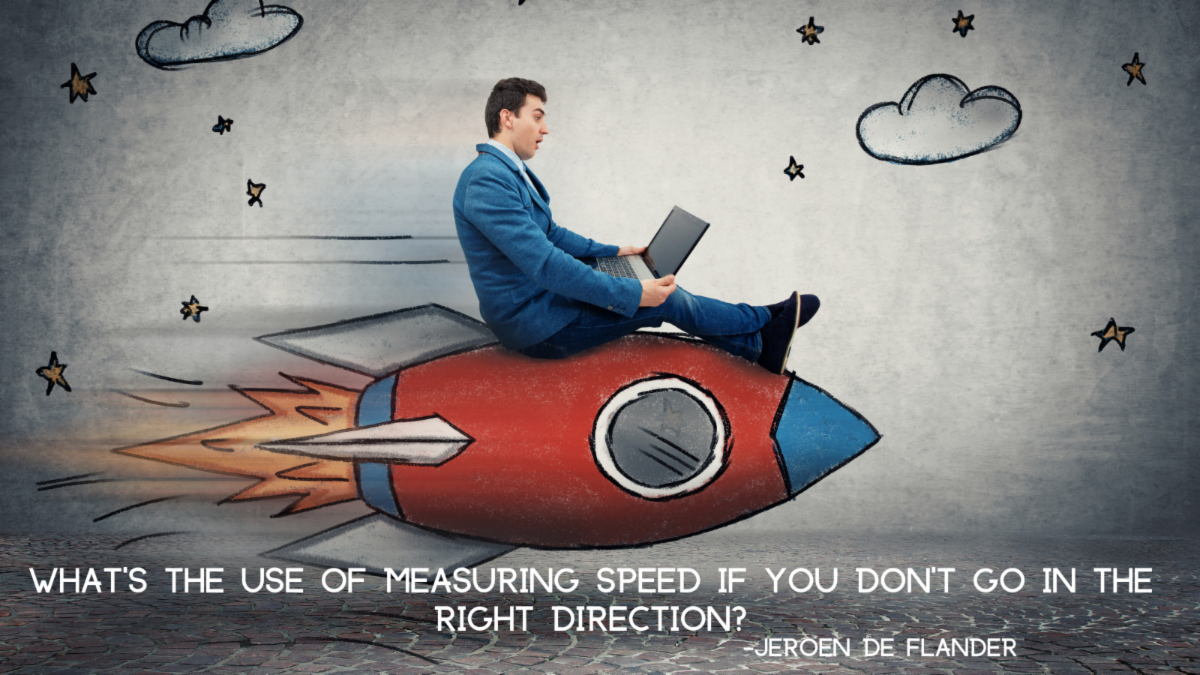
The body content of your post goes here. To edit this text, click on it and delete this default text and start typing your own or paste your own from a different source.
A Culture of Coaching
Coaching is often touted as a key element to success within an organization. But the actual occurrence of coaching, let alone the existence of a true coaching culture, is rare.
Several years ago I did some research with the sales organization in a Fortune 500 telecom company. The results, published in HBR, were fascinating. Overall, leaders rated the quality of their coaching relatively high and noted that they spent a significant amount of time coaching their subordinates. In contrast, their subordinates rated the quality of their leaders’ coaching much lower and indicated that they received little to no coaching. Interestingly, the more senior a leader was, the lower the rating they received from their subordinates.
It was clear from the interviews I conducted following the survey that asking for information, requesting updates, and managing activity is not coaching.

There is a common assumption that senior leaders provide more and better coaching. But the more seniority a leader has, the less likely that they feel like they need to teach their direct reports. In fact, those senior leaders are probably asking their direct reports for help or information more often than the direct reports are asking of their boss.
Often, the higher you go in a company, the more diluted the coaching gets. To improve the capability of your sales organization, you need to be intentional about devoting time to developing talent and capability. In my Harvard Business Review article, Sales Teams Need More (and Better) Coaching, I outline three suggestions for creating a culture of coaching at all levels of your organization.
- Establish uniform expectations around what good coaching looks like.
- Highlight the exemplars and use them to spread your best practices.
- Provide rewards to those who engage in coaching and consequences for those who opt out.
In order to build engagement, develop talent, and ultimately save time in the long run, ensure coaching is a critical component of your company’s strategy.
Stop Being So Nice, It’s Disrespectful
To develop your team, you must deliver feedback. It helps each person understand their strengths, uncover blind spots, and identify areas to improve.
But feedback is often so polite or carefully given, that it gets diluted. I suspect you have received feedback that was so overly softened that the real message couldn’t get through. In many cases, the delivery of watered-down feedback comes from a place of fear.
The fear of being direct. Giving feedback might seem uncomfortable or awkward, but it doesn’t have to be. Be concise and thoughtful with your words. Remember, you can say what you mean without being mean.- The fear that the other person can’t handle it. Don’t assume others are too fragile to deal with your feedback. Respect the strength of others as professionals and trust their ability to handle what you tell them.
- The fear that you can’t handle their response. If you’ve provided someone with clear, professional feedback and they don’t like it, that’s on them. You are not responsible if they react poorly.
None of this is to make the case for “brutal” honesty, where the focus is more on the brutality. And it’s not an excuse to be insensitive or careless about how others may feel. As a leader, providing feedback requires authenticity, and at some point, it’s rude to be overly nice in delivery. Be direct and genuine. Don’t dull your message so much that it’s lost entirely.
Read more about feedback in my Harvard Business Review article, “Encourage Your Employees to Give You Critical Feedback.”
Intent versus Effect
We all want to be judged by our intentions, not our behaviors. And yet, we tend to judge others by their behaviors, not their intentions. What is the culprit behind the gap between what we say to others and what they perceive? It’s often a combination of our filters, biases, and preconceived notions. To minimize the chasm between intent and impact, take a moment to slow down, check for understanding, and put your assumptions of another person’s intent aside. This is easier said than done, especially if the topics at hand are charged. But your ability to discern the real intent of someone’s words or actions can drastically change the tone of conflicts or difficult situations.
Current Read:
For this week's current read, I wanted to let you know about a great new book that’s just been released this week. It’s by Dorie Clark and is called The Long Game: How to Be a Long-Term Thinker in a Short-Term World. I first connected with Dorie 8 years ago because we were both writing for Harvard Business Review. We’ve stayed in touch as colleagues and friends since, and I’ve worked with her in developing some of my own strategies. I find her work on personal branding and strategy to be rich with practical content. A rarity among business writers!
After 18 months of the pandemic, it’s time to shift back into long-term thinking, and this book is perfect - it helps you apply the principles of strategic thinking to your life and career. Dorie wrote a piece for the Harvard Business Review magazine this month based on the book, and you can pick up a copy of The Long Game right here. I hope you’ll enjoy it as much as I did!
PS - Dorie has a thought-provoking Long Game strategic thinking self-assessment. You can download it for free here: https://dorieclark.com/thelonggame
Quotable


